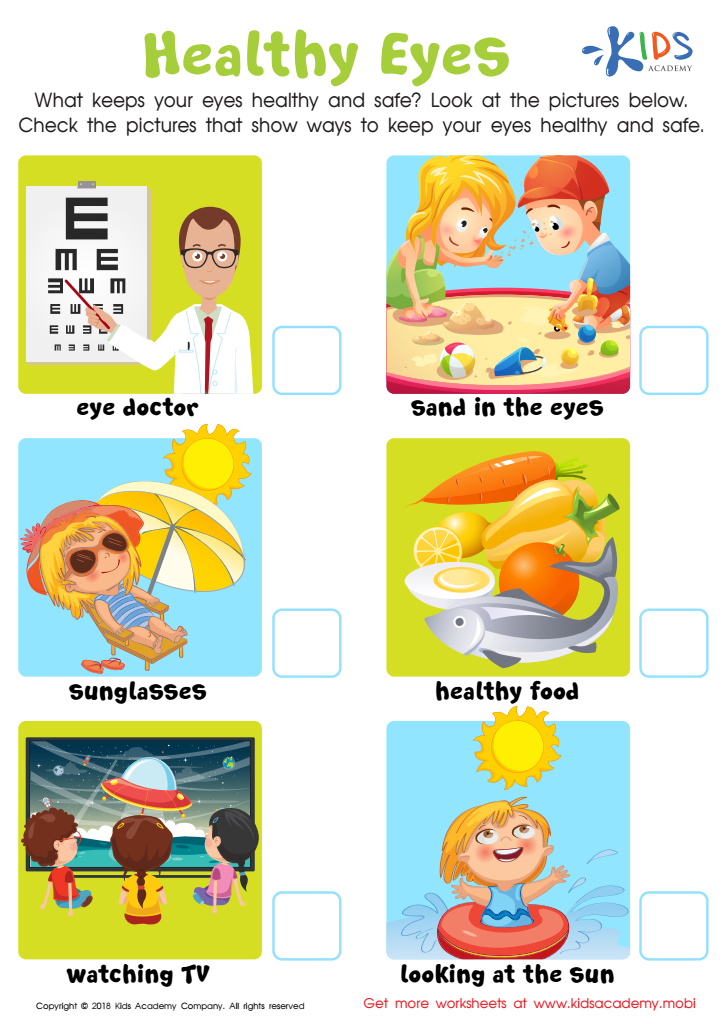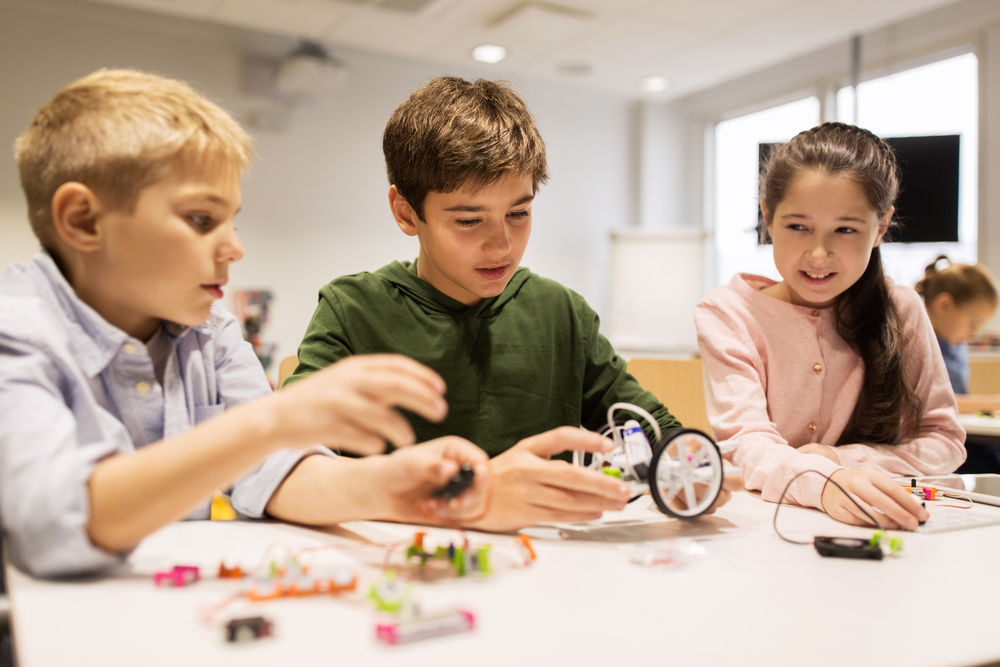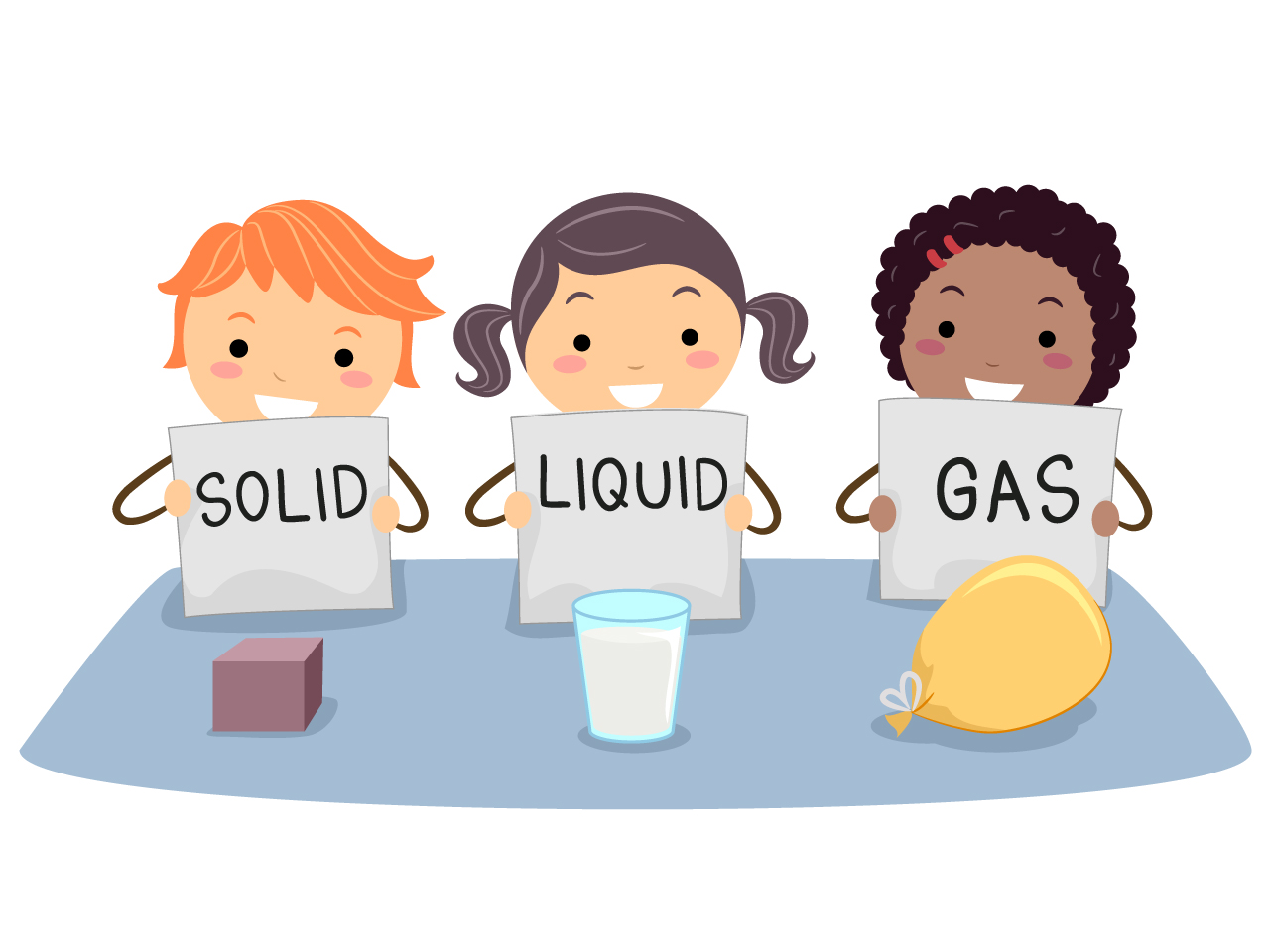Reading comprehension Normal Life Science Worksheets for Ages 3-5
3 filtered results
-
From - To
Explore engaging Reading Comprehension Life Science Worksheets designed for children ages 3-5! Tailored to enhance early literacy skills, these worksheets introduce young learners to fundamental life science concepts through fun and interactive activities. Kids will discover the wonders of nature, habitats, and living creatures while practicing reading comprehension through relatable narratives and engaging illustrations. Each worksheet promotes critical thinking and comprehension skills, making learning enjoyable and accessible. Perfect for educators and parents alike, these resources aim to foster a love of reading and curiosity about the world in your little ones. Start their learning adventure today!


Herbivores Printable


Carnivores Worksheet


Healthy Eyes Worksheet
Reading comprehension in early childhood, particularly in subjects like Life Science, is crucial for the holistic development of children aged 3-5. At this stage, children are naturally curious about the world around them, and introducing them to Life Science concepts through reading can enhance their understanding of basic biological principles, such as the needs of living things, habitats, and the cycles of nature.
Parents and teachers should care about fostering reading comprehension because it lays the foundation for critical thinking and inquiry skills. When children engage with stories and information about living organisms, they learn to make connections, ask questions, and express their thoughts—skills essential for lifelong learning. Additionally, developing comprehension skills at an early age supports vocabulary growth, which is pivotal for effective communication.
Incorporating Life Science into reading activities not only cultivates a love for reading but also promotes a sense of wonder and environmental awareness. This knowledge shapes their identity as informed individuals who appreciate the natural world. By prioritizing reading comprehension in Life Science, parents and teachers help children develop not only academically but socially and emotionally, creating well-rounded individuals equipped to navigate their surroundings.
 Assign to My Students
Assign to My Students




















